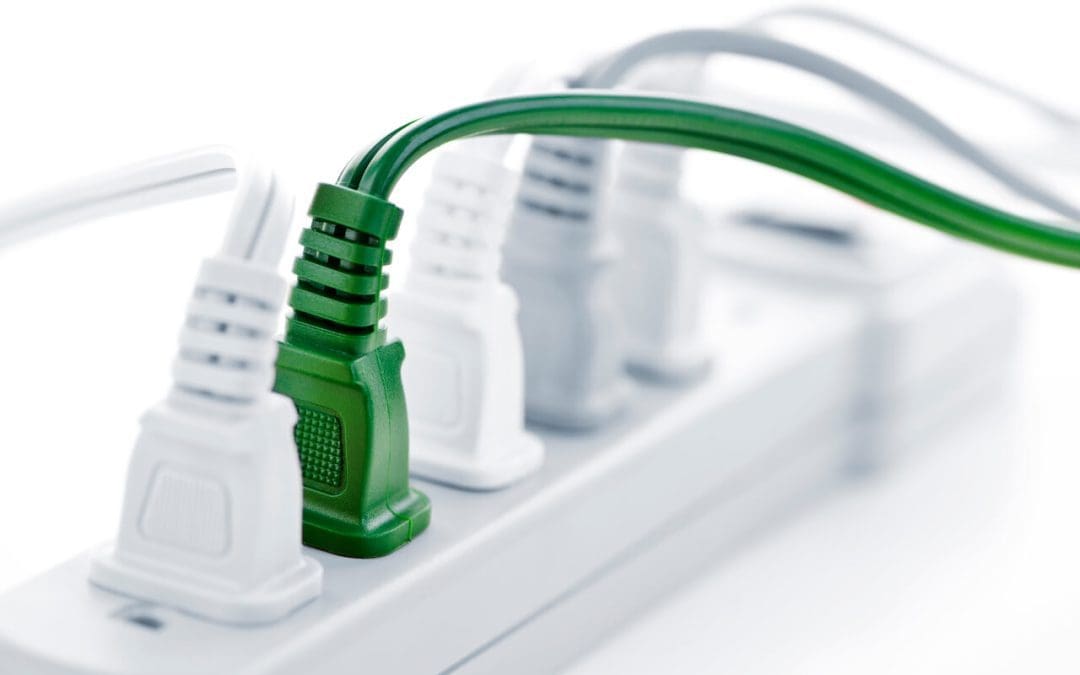Electrical safety is crucial to maintaining a secure and functional home environment. Understanding the basics of electrical safety can prevent accidents, reduce the risk of electrical fires, and ensure the well-being of your family. Here’s a comprehensive guide to help you navigate this important topic.
Understanding Electrical Safety Hazards
Electrical hazards can manifest in various forms, including faulty wiring, overloaded circuits, and damaged appliances. Identifying these hazards is the first step in preventing accidents. Look out for flickering lights, frequent circuit breaker trips, and outlets that feel warm to the touch. These are signs that something might be wrong with your electrical system.
Regular Inspection and Maintenance
Regular inspection and maintenance of your home’s electrical system are vital. Hire a licensed electrician to conduct a thorough inspection at least once a year. During the inspection, the electrician will check for any wear and tear in the wiring, test the functionality of circuit breakers, and ensure that all connections are secure. Routine maintenance helps identify potential issues before they become major problems.
Safe Use of Electrical Appliances
Using electrical appliances safely is essential to prevent accidents. Always read and follow the manufacturer’s instructions for each appliance. Avoid using damaged appliances or those with frayed cords. Unplug appliances when not in use, and never yank the cord to disconnect them from the outlet. Instead, pull the plug directly. Additionally, keep electrical appliances away from water sources to prevent electric shock.
Preventing Overloaded Circuits
Overloading circuits is a common cause of electrical fires. To prevent this, be mindful of the number of appliances and devices plugged into a single outlet or power strip. Each circuit has a maximum load capacity, and exceeding this can lead to overheating and potential fires. Spread out your electrical usage by using multiple outlets and power strips, and consider upgrading your electrical panel if your home’s electrical demands have increased.
Childproofing Electrical Outlets
If you have young children, childproofing your electrical outlets is essential. Use outlet covers or tamper-resistant outlets to prevent curious fingers from coming into contact with live electrical parts. Teach your children about the dangers of electricity and ensure that they understand the importance of not inserting objects into outlets.
Handling Electrical Emergencies
Knowing how to handle electrical emergencies can save lives. In case of an electrical fire, never use water to extinguish it, as this can cause electrocution. Use a Class C fire extinguisher instead. If someone is experiencing an electric shock, do not touch them directly. Turn off the power source and use a non-conductive object, such as a wooden stick, to separate them from the electrical source. Call emergency services immediately.
Importance of Ground Fault Circuit Interrupters (GFCIs) in Electrical Safety
Ground Fault Circuit Interrupters (GFCIs) are essential safety devices that can prevent electrical shock. GFCIs detect imbalances in the electrical current and shut off the power immediately. Install GFCIs in areas with a water source nearby, such as bathrooms, kitchens, and outdoor spaces. Regularly test GFCIs to ensure they are functioning correctly.
Educating Your Household
Educating everyone in your household about electrical safety is a proactive measure that can prevent accidents. Ensure that everyone knows the location of the main circuit breaker and how to turn it off in an emergency. Discuss the importance of not overloading outlets, avoiding the use of damaged appliances, and the proper way to unplug devices.
Maintaining electrical safety in your home requires vigilance, regular maintenance, and a proactive approach to identifying and mitigating hazards. Understanding the potential risks and taking appropriate measures can create a safe and secure environment for your family. When in doubt, always consult a licensed electrician to handle any electrical concerns.
Electrical Safety FAQs
How can I tell if an electrical outlet is unsafe?
Signs of an unsafe outlet include discoloration, warmth to the touch, buzzing sounds, or if it emits a burning smell. It’s best to have it inspected by a professional.
What are the signs of an overloaded circuit?
Flickering lights, buzzing outlets, warm outlet covers, and frequent breaker trips are signs of an overloaded circuit. Distribute the load evenly and avoid using too many high-wattage appliances on one circuit.
When should I upgrade my electrical panel?
Upgrade your electrical panel if you experience frequent breaker trips, have undergone significant renovations, or are adding high-demand appliances to ensure your system can handle the increased load.
Are extension cords safe for permanent use?
Extension cords are intended for temporary use. Using them permanently can pose risks such as overheating and fire. Consider adding more outlets or upgrading your electrical system.
Carolina HomePro Inspections provides professional inspection services to homebuyers and sellers in Charlotte, NC, and the Rock Hill area of South Carolina. Contact us to request an appointment.

